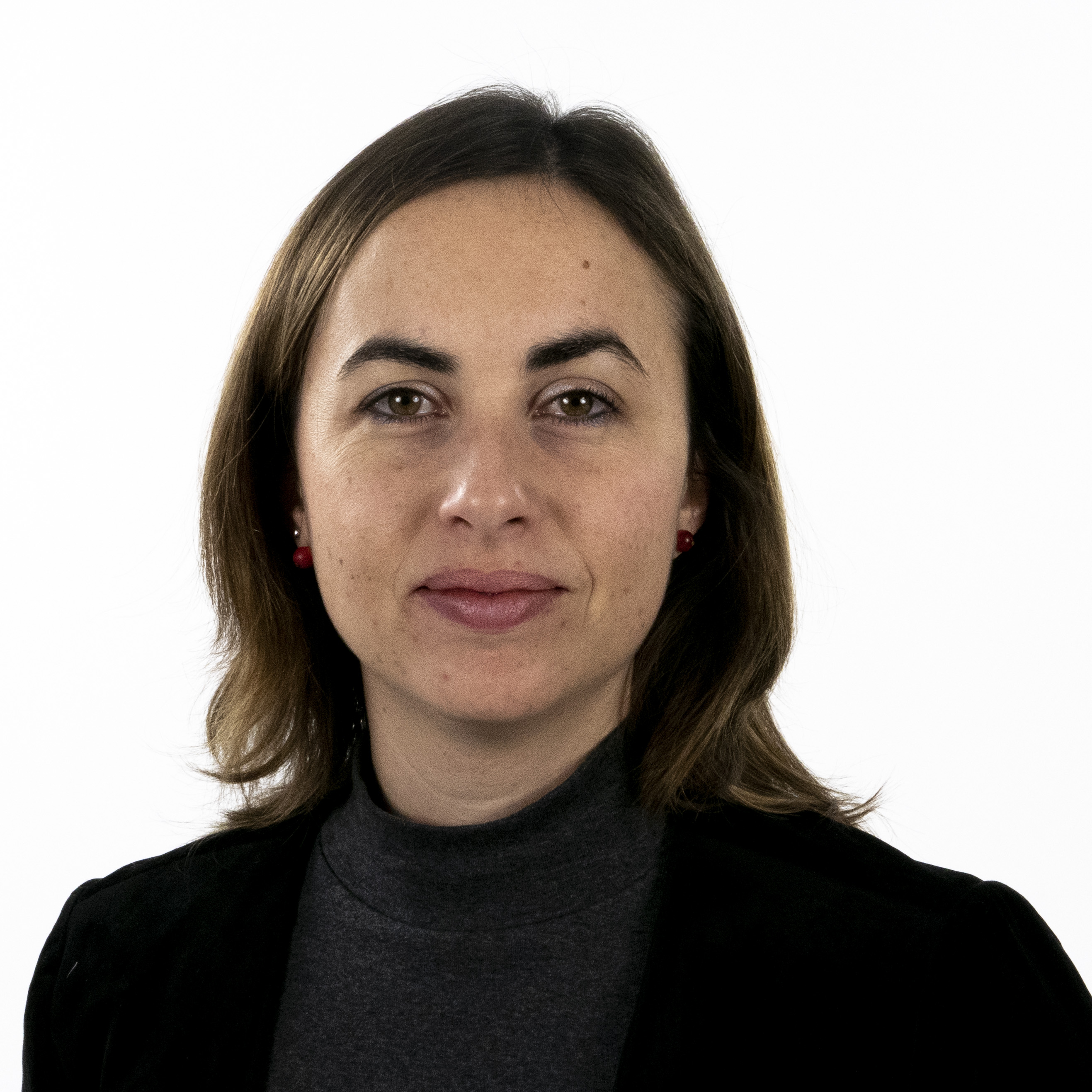Sustainable business in the renewable energy sector
Sustainable business in the renewable energy sector
The course deals with the main issues related to the so-called community engagement in the sector of energy production from renewable sources.
Introduction to the Sustainability series
This MOOC is part of the series on “Sustainability”, which is one of the world’s major challenges of today and tomorrow and requires multidisciplinary competences. The series provides technical knowledge on a variety of topics, such as sustainable building, energy transition, water management and food waste prevention.
See the full seriesCourse description
What is meant by sustainability? How can the renewable industry promote sustainable socio-economic development in the territories in which it operates? What is sustainability according to Falck Renewables?
The growing global concern about climate change has led companies in all sectors to integrate the concept of sustainability into their strategic action lines.
The online course “Sustainable business in the renewable energy”, realized by Falck Renewables in collaboration with Politecnico di Milano, intends to provide theoretical elements and practical examples on sustainability in the renewable energy sector.
From its roots in the notion of “sustainable development” within the United Nations Agenda 2030, to the more pragmatic aspects of “sustainable solutions” in the onshore wind sector, sustainability is explained through videos and quizzes to learn in a flexible and interactive way a simple and at the same time ambitious concept.
Total workload of the course: 5 hours
This MOOC is provided by Politecnico di Milano.

Intended Learning Outcomes
By actively participating in this MOOC, you will achieve different intended learning outcomes (ILOs).
- Explain the principles of sustainable development and the role of renewable energy in achieving the UN 2030 Agenda goals.
- Analyze the sustainable business model of Falck Renewables, including community engagement, local economic impact, and environmental protection strategies.
- Describe real-world examples of community-led renewable energy projects and their social, economic, and environmental benefits.
In broad terms, the participant will develop the learning outcomes in the areas of: ESCO: renewable energy ESCO: wind energy ESCO: sustainable development goals ESCO: community-led local development
Prerequisites
No prerequisite knowledge is required.
Activities
Over and above consulting the content, in the form of videos and other web-based resources, you will have the opportunity to discuss course topics and to share ideas with your peers in the Forum of this MOOC. The forum of this MOOC is freely accessible, and participation is not guided; you can use it to compare yourself with other participants, or to discuss course contents with them.
Assessment
Your final grade for the course will be based on the results of your answers to the assessed quizzes. You have an unlimited number of attempts at each quiz, but you must wait 15 minutes before you can try again. You will have successfully completed the course if you score a total of 60% (or higher) in each of the assessed quizzes.
The maximum score possible for each quiz is given at the beginning of the quiz. You can view your score in the quiz on your last attempt or on the 'Grades' page.
Certificate
You can achieve a certificate in the form of an Open Badge for this course if you reach at least 60% of the total score in each one of the assessed quizzes and fill in the final survey.
Once you have completed the required tasks, you will be able to access ‘Get the Open Badge’ and start issuing the badge. Instructions on how to access the badge will be sent to your e-mail address.
The Badge does not confer any academic credit, grade or degree.
Information about fees and access to materials
You can access the course absolutely free of charge and completely online.
Course faculty

Alessandro Costa
Teacher
He is responsible for sustainability at Falck Renewables SpA, an international “pure play” in the renewable energies sector. He holds a Ph.D. in Environmental Science at Ca’ Foscari University of Venice (I), where he is appointed as subject expert in environmental econometrics. More recently, he has become a member of Wind Europe Sustainability Working Group. He chairs C+3C Systems and Strategies, a strategic consulting practice in the fields of energy, sustainability, and infrastructure. Previously, he extensively served in China at the Sino-Italian Cooperation Programme (SICP) for Environmental Protection. He started-up and co-directed the Europe-China Clean Energy Centre, promoted by the European Commission and the National Energy Administration of China. He started-up and directed the Enel Foundation, devoted to research, capacity building and dissemination in the fields of energy, socioeconomics, sustainable development and innovation.
He is a member of the World Energy Council’s Studies Committee, a senior advisor for sustainable development at the Europe-China Municipal Development Commission, a member of the advisory board of the European Institute for Urban Comparative Research. He forms part of the editorial board of the Journal of Sustainability Research (Quingres).

Fabio Riva
Teacher
Fabio Riva is Adjunct professor of “Sustainable Development” at Politecnico di Milano and Energy consultant at CESI spa.
He graduated with honours in Energy Engineering – Energy for Development at Politecnico di Milano, and he got the PhD in Energy and Nuclear Science and Technology at the Department of Energy with a thesis titled “Modelling endogenous complexities in rural electrification: on the local dynamics of growth and the planning of off-grid systems”. He has worked as an energy researcher at the UNESCO Chair in Energy for Sustainable Development from 2014 to 2019 and he has been one of the co-founders of the Sustainable Energy System Analysis and Modelling (SESAM) group. His research mainly dealt with the following topics: sustainable rural energy planning; energy optimisation; modelling energy demand dynamics for remote and rural area of the world; appropriate technologies assessment; impact evaluation of energy systems in the cooperation field. He is an expert in System Dynamics-based modelling for energy and sustainability planning. His applications are especially focused on the analysis of rural short- and long-term electricity demand dynamics, with integrations in off-grid energy optimisation tools. He collaborated in different EU, national, and private funded projects on the topic of energy access for sustainable development and capacity building in the energy sector. He was also teaching assistant at Politecnico di Milano of the thermodynamic course “Fisica Tecnica” for the degree programme in energy and aerospace engineering at Politecnico di Milano, and also a lecturer in the "Engineering and Cooperation for Development" course at Politecnico di Milano.

Monica Airoldi
Teacher
She is part of the Communication and Sustainability Division of Falck Renewables SpA.
She holds a degree in Linguistic and Cultural Mediation Sciences at the University of Milan and a Master 2 in Sociology at the University Aix-Marseille.
She started her professional career at the Milan Chamber of Arbitration where she oversaw international promotion and activities.
Subsequently, she worked several years in France as project manager of EU-funded cooperation projects aimed at investment promotion and know-how transfer between companies and business support organizations from Europe and the MENA area. In 2018 she has succeeded the executive course in Energy Management at MIP - Politecnico di Milano School of Management.
Contact details
If you have any enquiries about the course or if you need technical assistance please contact pok@polimi.it. For further information, see FAQ page.